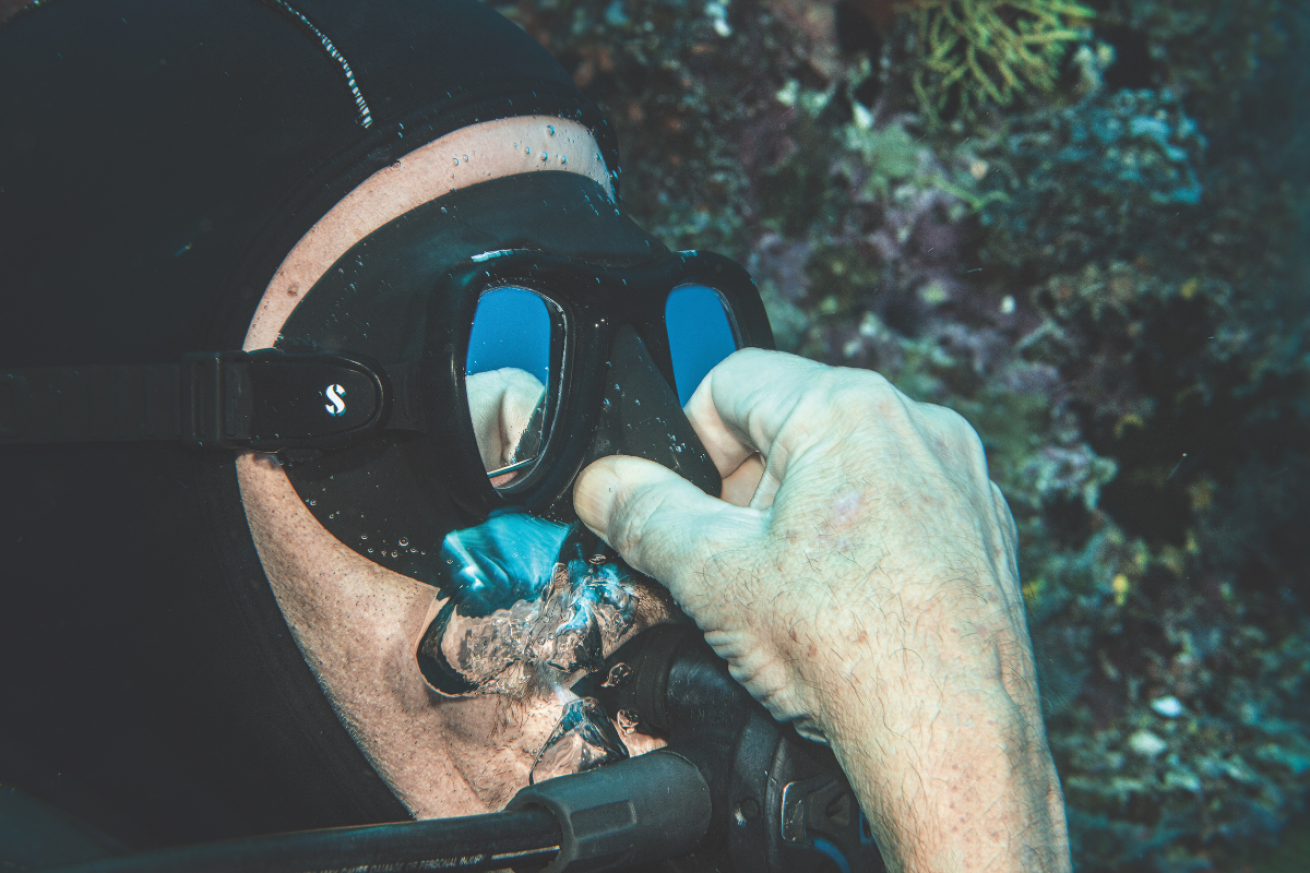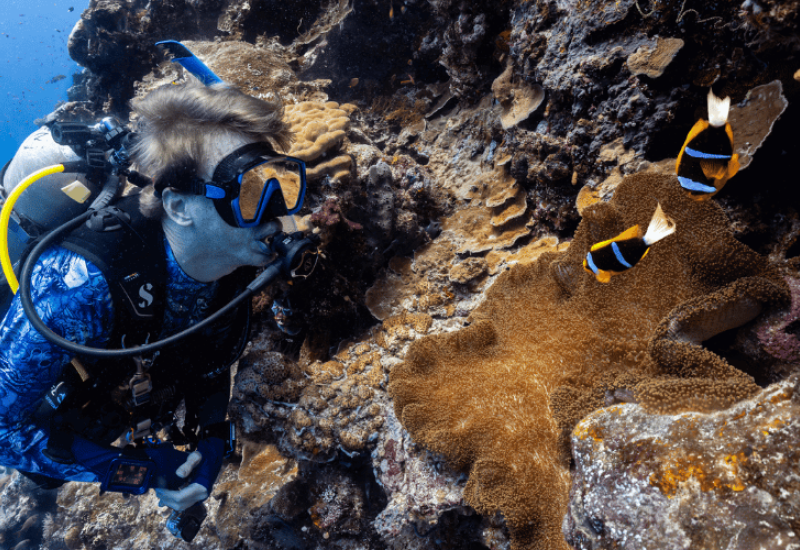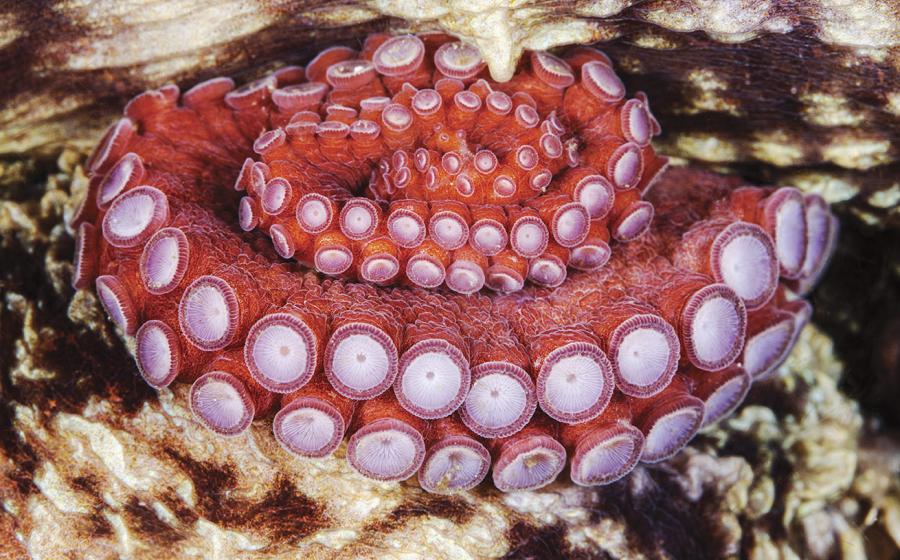ASK DAN: What Do I Need to Know About Decongestants and Diving?

Courtesy of DANHaving trouble equalizing?
Most divers have had trouble equalizing at some point. Descending when your ears or sinuses are congested can be alarming and painful. This pain signals that you should stop what you’re doing and ascend. Ear and sinus barotraumas (squeezes) can be serious injuries with long-term implications for hearing or balance, such as vertigo, which can be disorienting and dangerous underwater.
EQUALIZATION TECHNIQUES
Most divers use the Valsalva maneuver, in which they pinch their nose and gently exhale while descending and as needed throughout the dive. There are other equalization techniques that can be helpful as well, which may work better for you.
CONGESTION
Congestion from a cold or allergies can obstruct airflow through the sinuses, nasal passages and Eustachian tubes, limiting the diver’s ability to equalize pressure in these air spaces.
DECONGESTANTS
Many people use decongestants, such as pseudoephedrine hydrochloride (Sudafed), to relieve congestion, but there are a few reasons for caution with decongestants in the context of diving.
- They may wear off during the dive, putting the diver at risk of a reverse block (barotrauma with ascent).
- They may cause side effects that are inconsistent with safe diving.
- Increased risk of oxygen toxicity.
REVERSE BLOCK
Ear or sinus pain during your descent may be troublesome, but it’s a bigger problem on your ascent. Descending is optional; ascending is mandatory. Use of a decongestant might allow a diver to get to depth, but if the medication wears off during the dive it could cause a painful and dangerous reverse block or reverse squeeze.
SIDE EFFECTS
Decongestants can cause mild stimulation of the central nervous system and side effects such as nervousness, excitability, restlessness, dizziness, weakness, and a forceful or rapid heartbeat. Decongestant nasal sprays, such as oxymetazoline (Afrin), can cause rebound congestion when they wear off.
OXYGEN TOXICITY
In 2013, DAN and the University of South Florida undertook an animal study on the possible effects of pseudoephedrine on mammals.
The study indicated that normal doses of pseudoephedrine should not increase the risk of seizures in the majority of divers, but there was a huge individual variability in susceptibility to oxygen toxicity—sufficient variability to explain why divers sometimes get toxicity symptoms despite “safe” exposures.
It was also demonstrated that very large doses, achieved if a diver uses multiple over-the-counter drugs containing pseudoephedrine, may increase susceptibility to oxygen toxicity.
The researchers concluded that the recommended daily dose of pseudoephedrine should not be exceeded prior to diving, especially when diving deep or using gases other than air.
ALTERNATIVE APPROACHES
Work with your doctor to control allergy symptoms. The doctor may recommend antihistamines or an inhaled nasal steroid. As with any medication, take them for a while prior to diving to ensure you do not experience side effects that might impair your ability to dive safely.
Using a humidifier or warm compress may help relieve symptoms of nasal congestion. Proper hydration can promote thinner mucus. Sinus-irrigation devices can help to flush sinuses.
If you are often unable to clear your sinuses or you have frequent ear pain or nosebleeds when diving, you should call DAN or consult an ear, nose and throat (ENT) specialist for evaluation.
For more information, visit dan.org










